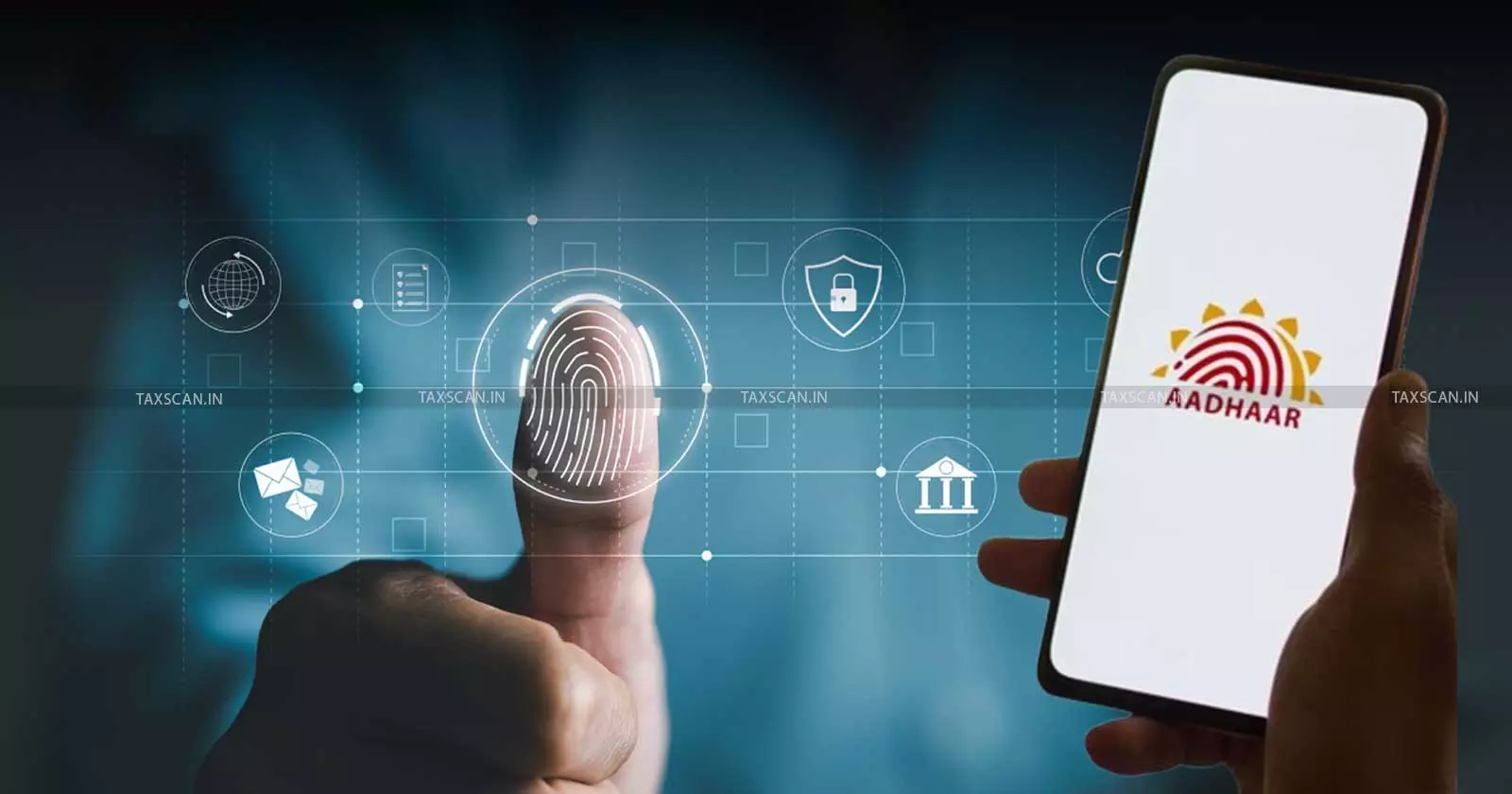CBDT Recommends Tax Authorities Given Aadhaar Access, Stricter Powers to Demolish Benami Property Networks
Existing investigation tools fail when these benamidars lack a PAN or do not file income tax returns, creating a regulatory blind spot.

A new report by a Central Board of Direct Taxes (CBDT) panel has recommended sweeping powers for the Income Tax Department to tackle the menace of benami transactions and shell companies. If accepted, the proposals could give tax authorities direct access to Aadhaar databases, state property registries, and vehicle ownership records on the Parivahan platform thereby expanding their reach to track hidden assets and the real beneficiaries behind smokescreen entities.
At the heart of the recommendations lies the challenge of benamidars; “fronts” such as faceless individuals, rural labourers, tribal residents, or small farmers in whose names crores worth of property often get parked by real owners keen to mask their identities. Existing investigation tools fail when these benamidars lack a PAN or do not file income tax returns, creating a regulatory blind spot. The panel believes that linking critical datasets such as Aadhaar, property registries, bank accounts, demat details, and vehicle registries will help inspectors pierce these fronts more effectively.
One official close to the matter explained, “When PAN is missing, Aadhaar becomes a key identifier. Even a limited ‘view-only’ access to Aadhaar-linked properties and accounts would help us flag suspicious holdings and fake ownership layers.”
The report also emphasizes targeting shell companies which are often used as conduits to park benami assets or route clandestine funds. Tax officers have been advised to probe companies where:
- Half or more directors show no income,
- Majority shareholders fail to file income tax returns, or
- Unsecured loans far exceed share capital.
This analytical profiling, combined with stronger interlinkages between financial intelligence reports, real-time suspicious transaction alerts, and digitisation of land records, could significantly raise red flags on dubious networks.
Further, the panel has called for amendments to empower authorities to confiscate alternate assets of ultimate beneficiaries if the physical benami property is untraceable, ensuring beneficiaries cannot escape by liquidating or transferring holdings. Additional focus has been sought on tracking cryptocurrency transfers, profiling private vault account holders, and sharing records of unexplained cash, investments, or credits confirmed during appellate proceedings.
Experts suggest the proposals, while stringent, can plug loopholes that till now have allowed wrongdoers to take shelter under interpretational gaps. “This aligns with the government’s larger effort on land digitisation and agency data integration. But safeguards must ensure genuine taxpayers are not harassed under blanket powers,”.If these recommendations are folded into the upcoming Income Tax Act, 2025, the law could mark a decisive step in strengthening India’s battle against benami deals—a practice formalised into law in 1988 but meaningfully enforced only since 2016. While taxmen sharpen their tools, courts and policymakers must ensure that the balance of transparency and privacy is carefully struck, so that the fight against hidden wealth does not spill over into undue intrusion for legitimate taxpayers.
Support our journalism by subscribing to Taxscan premium. Follow us on Telegram for quick updates


